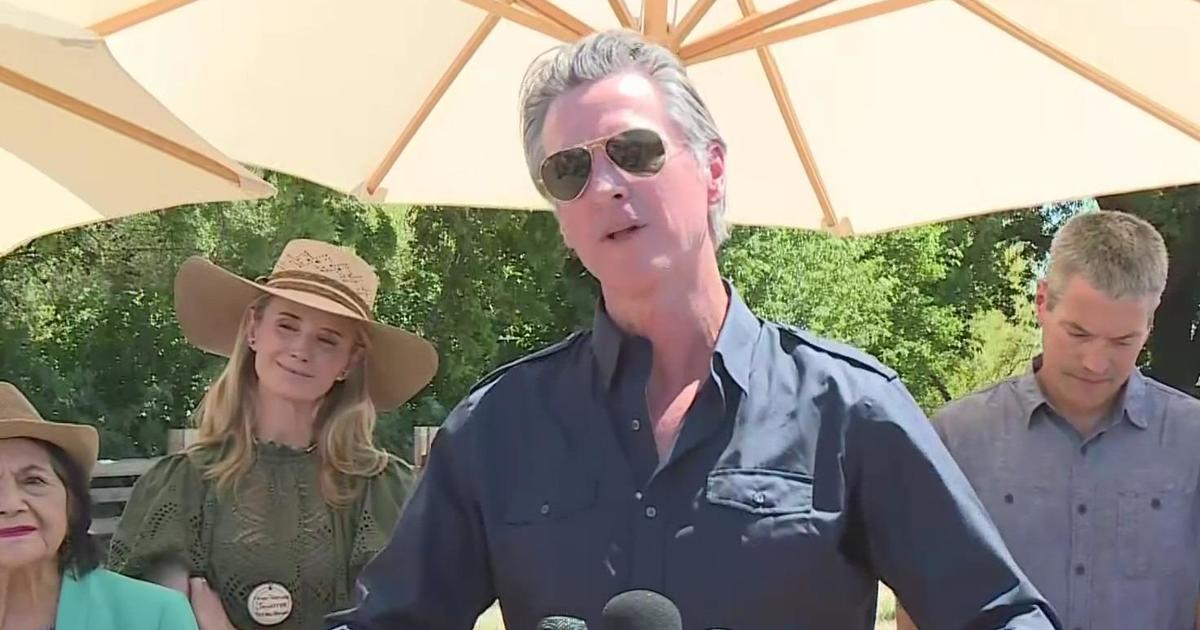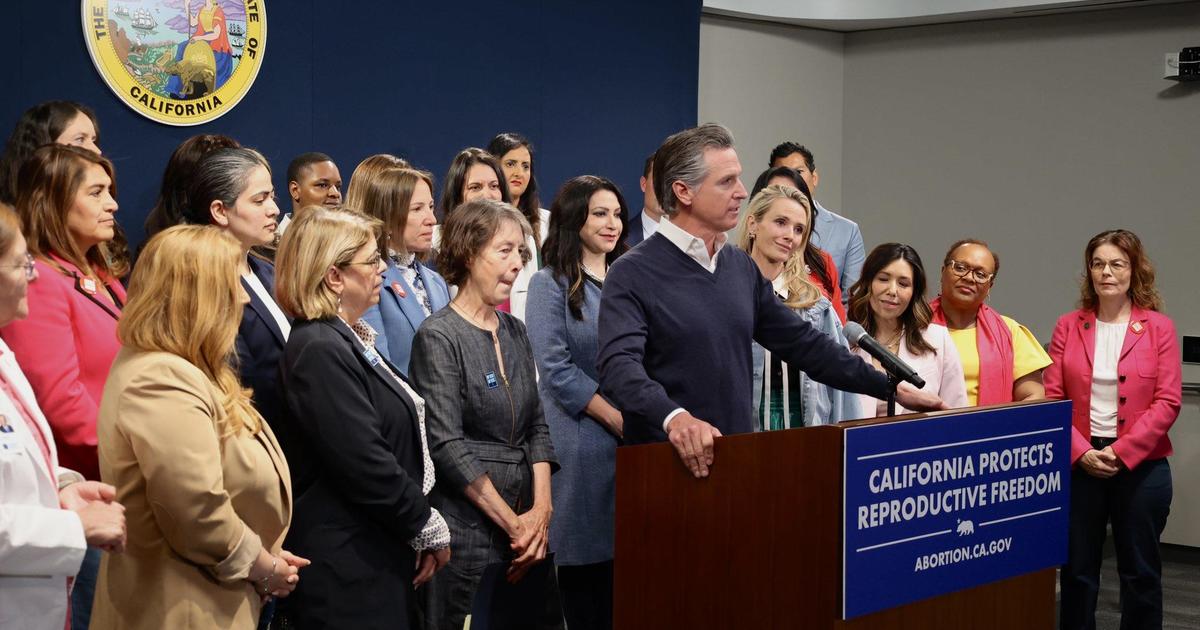Having Overcome Key Obstacles, Gov. Brown Faces New, Critical Ones
SACRAMENTO, Calif. (AP) — In just a few years, Gov. Jerry Brown has helped turn California's budget deficits into surpluses, persuaded Californians to raise taxes and quieted the complaints of many political opponents.
But as he prepares to deliver his latest State of the State address Wednesday, the Democratic governor will confront a number of new challenges.
Last week, he declared California is officially facing a drought. With wildfire dangers growing and many communities running short of water, the drought could drain some of the funding he had hoped to devote to paying down debts or setting aside in a rainy day fund.
Brown, 75, also is facing scrutiny for continuing to push the $68 billion high-speed rail project. The latest entrant into the 2014 governor's race, Republican Neel Kashkari, called it a symbol of misplaced priorities in Sacramento.
The governor has not yet declared whether he will seek re-election, although he is widely expected to do so and has collected nearly $17 million for a campaign. It would be his last term as governor after serving from 1975 to 1983 then returning to the office in 2011.
Brown's address comes less than two weeks after he delivered his state budget proposal for the fiscal year that starts in July, outlining a vision for the state that embraces frugality even as tax revenue soars to a record level.
The $106.8 billion general fund he proposed is nearly 9 percent more than spending in the current fiscal year. That includes $45.2 billion for K-12 schools, a year-over-year increase of nearly $4 billion.
Brown's vision for how that education money is to be spent, laid out in last year's State of the State address, already is starting to take effect.
Last week, the state Board of Education approved sweeping new rules that direct school districts to funnel billions of dollars of new revenue toward schools that serve high numbers of students from low-income families, who are English-learners or are in foster care. The additional money is generated partly by temporary increases in sales and income taxes that Brown persuaded voters to approve in 2012.
"This is a wonderful thing that we can sit around and argue about the money," the governor told a crowd at the board meeting.
He is likely to spend much of the first half of the year in arguments over spending with Democratic lawmakers, many of whom want more money for their own priorities. After years of cutbacks to beloved programs, many are anxious to restore funding for some existing programs and launch new ones.
Senate President Pro Tem Darrell Steinberg, D-Sacramento, for example, wants to add transitional kindergarten for all 4-year-olds, an initiative that would require billions of dollars a year.
Copyright 2014 The Associated Press. All rights reserved. This material may not be published, broadcast, rewritten or redistributed.



